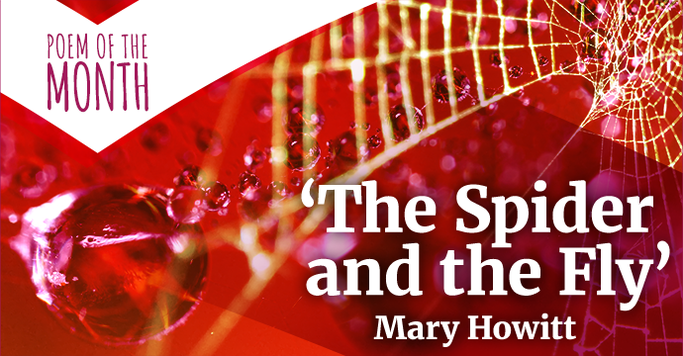
“Will you walk into my parlour?” said the Spider to the Fly,
Mary Howitt, 1839
“‘Tis the prettiest little parlour that ever you did spy;
The way into my parlour is up a winding stair,
And I have many curious things to shew when you are there.”
“Oh no, no,” said the little Fly, “to ask me is in vain,
For who goes up your winding stair can ne’er come down again.”
“I’m sure you must be weary, dear, with soaring up so high;
Will you rest upon my little bed?” said the Spider to the Fly.
“There are pretty curtains drawn around; the sheets are fine and thin,
And if you like to rest awhile, I’ll snugly tuck you in!”
“Oh no, no,” said the little Fly, “for I’ve often heard it said,
They never, never wake again, who sleep upon your bed!”
Said the cunning Spider to the Fly, “Dear friend what can I do,
To prove the warm affection I’ve always felt for you?
I have within my pantry, good store of all that’s nice;
I’m sure you’re very welcome–will you please to take a slice?”
“Oh no, no,” said the little Fly, “kind sir, that cannot be,
I’ve heard what’s in your pantry, and I do not wish to see!”
“Sweet creature!” said the Spider, “you’re witty and you’re wise,
How handsome are your gauzy wings, how brilliant are your eyes!
I’ve a little looking-glass upon my parlour shelf,
If you’ll step in one moment, dear, you shall behold yourself.”
“I thank you, gentle sir,” she said, “for what you’re pleased to say,
And bidding you good morning now, I’ll call another day.”
The Spider turned him round about, and went into his den,
For well he knew the silly Fly would soon come back again:
So he wove a subtle web, in a little corner sly,
And set his table ready, to dine upon the Fly.
Then he came out to his door again, and merrily did sing,
“Come hither, hither, pretty Fly, with the pearl and silver wing;
Your robes are green and purple–there’s a crest upon your head;
Your eyes are like the diamond bright, but mine are dull as lead!”
Alas, alas! how very soon this silly little Fly,
Hearing his wily, flattering words, came slowly flitting by;
With buzzing wings she hung aloft, then near and nearer drew,
Thinking only of her brilliant eyes, and green and purple hue–
Thinking only of her crested head–poor foolish thing! At last,
Up jumped the cunning Spider, and fiercely held her fast.
He dragged her up his winding stair, into his dismal den,
Within his little parlour–but she ne’er came out again!
And now dear little children, who may this story read,
To idle, silly flattering words, I pray you ne’er give heed:
Unto an evil counsellor, close heart and ear and eye,
And take a lesson from this tale, of the Spider and the Fly.

‘…Good and innocent literature’
Born Mary Botham in Gloucestershire in 1799, this 19th-century writer began her love for literature at a very young age. She wrote stories and poetry as a child and was encouraged to continue by those around her, witnessing an obvious talent. In 1820, Botham married William Hewitt. A fellow writer and lover of the same literary interests, they began writing as a pair; their works were published in various periodicals until they published their first full collection, ‘The Desolation of Eyam & Other Poems‘ in 1827.
The couple spent time in the companies of other popular writers of the time including Charles Dickens and Elizabeth Barrett Browning. When they later moved to London, they were neighbours with Alfred, Lord Tennyson. The circles they moved inbuilt their personal and professional reputation enormously. Once Botham Howitt moved her focus to children’s literature, she even gained a fan in Queen Victoria herself.
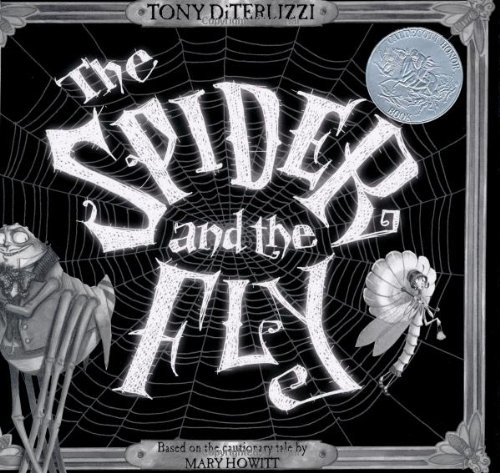
While spending time travelling across Scandinavia, Botham Howitt learnt Swedish and Danish. Her love for the literature of these nations grew, and she began translating the works into English. Most notably, she translated several volumes of Hans Christian Anderson’s tales into English, including ‘Wonderful Stories for Children‘ in 1846. The influence of Anderson’s cautionary and moral tales are seen clearly in her poem, The Spider and the Fly.
Fancy checking out more fantastic poetry? If you’re interested in more 19th century or even earlier titles, explore our incredible collection of Old and Rare poetry books.
What do you think of The Spider and the Fly? Do you have a favourite cautionary poem of tale from childhood? Let us know in the comments below.

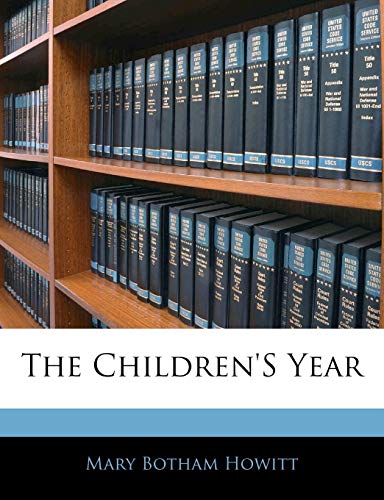
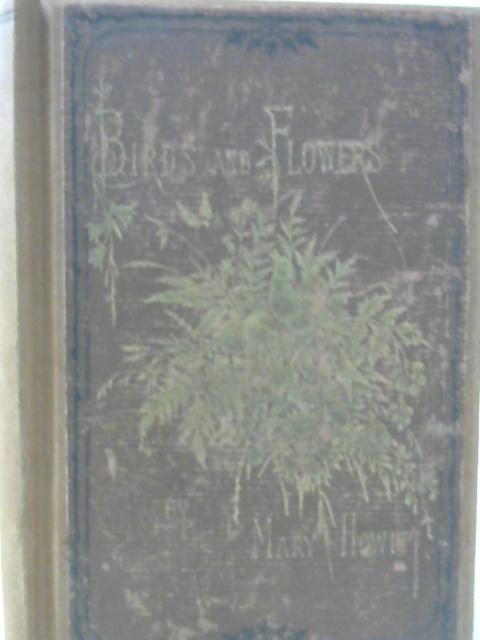
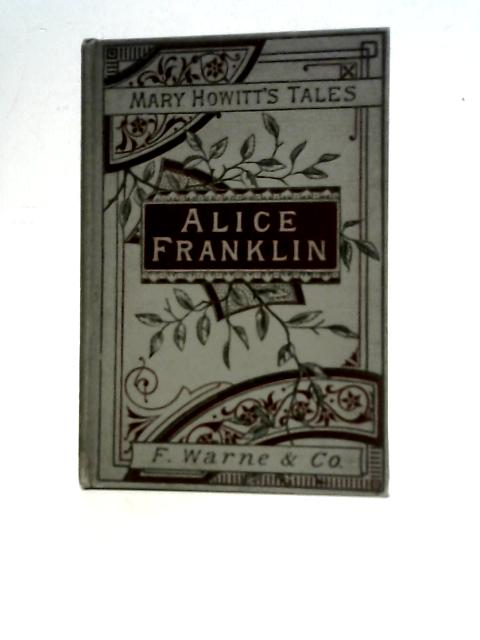
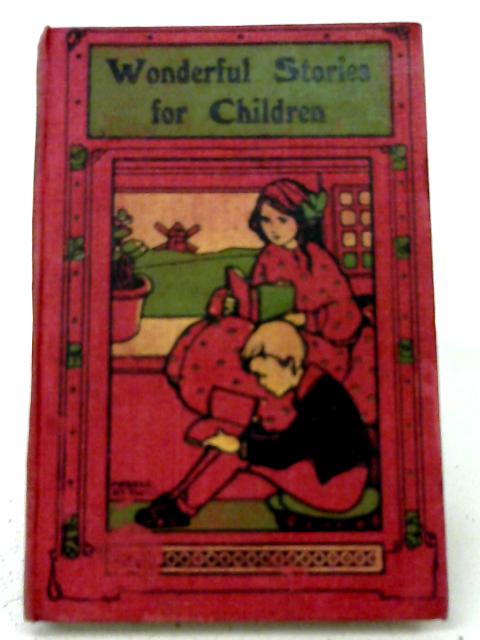

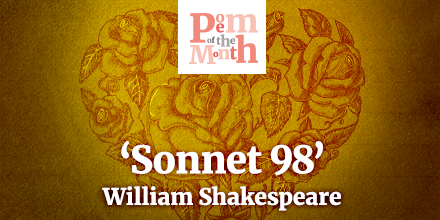
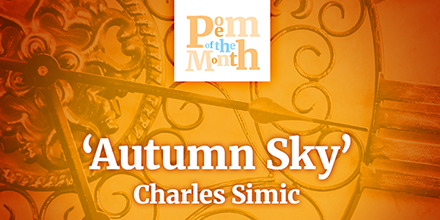
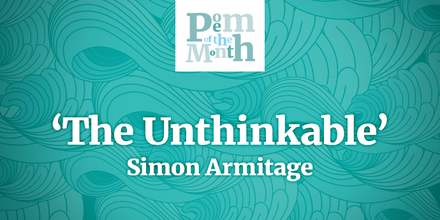
2 Comments
I had heard part of that poem before but obviously not the complete version. I enjoyed it very much.
I’ve never read the full version of this poem – I really enjoyed it. However I always hope for a different outcome for the poor, foolish fly! My sisters and I committed the poem ‘There was a boy whose name was Jim’ to memory many years ago and can still quote it! Another cautionary tale – this time about a hungry lion – and another inevitably sad outcome!